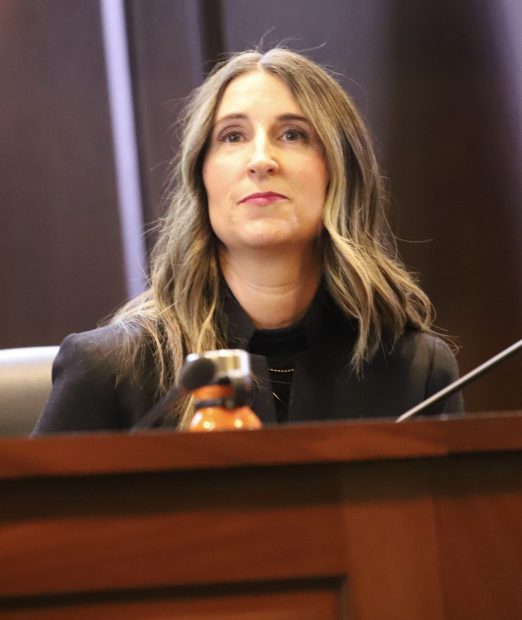
Proposed Empowering Parents legislation that would cover a homeschool expense is slated for removal because of opposition.
“I’ve asked for it to be scheduled early next week in Senate Education, and I will be asking the committee … to amend it and remove the co-op fee language,” Sen. Lori Den Hartog, R-Meridian, wrote in a response to Idaho Education News.
Senate Bill 1358 makes changes to the Empowering Parents program to reflect Parent Advisory Panel recommendations. One of the four suggested changes added homeschool co-op fees as an eligible expense.
The co-op — or cooperative — model is a collective way for homeschool families to contribute to the education of their children, which reflects the flexibility and freedom of the homeschool lifestyle.
Homeschool Idaho, the state’s largest organization, opposed the legislation.
“To add into Idaho law a state payment for homeschool co-op expenses would introduce unprecedented registration and tracking of homeschool families. It would place an undue burden on the state, as well as homeschool groups and families, to verify qualified expenses in a vast, undefined sea of options,” Homeschool Idaho wrote in a statement.
Families mounted an email campaign that caught the senator’s attention.
“They have received a response back from Sen. Den Hartog stating, ‘Thank you for expressing your concerns regarding S1358. I have received a significant amount of feedback regarding the inclusion of homeschool co-op fees. I have therefore decided … to remove that provision,’” according to Homeschool Idaho.
The Empowering Parents program provides eligible families with grant funds for use towards eligible education services and devices to help students recover from pandemic learning loss. Parents shop through approved vendors in the online marketplace.
EdNews asked Sen. Den Hartog a list of 12 questions, ranging from what is the average cost to what sort of co-ops would taxpayers be supporting.
The idea for the language of co-op fees came from the work of the Parental Advisory Committee, Sen. Den Hartog wrote.
“All transparency issues would have been handled the same way all other programs/allowable expenses are with the micro-grant platform,” she said.
Three additional changes in the legislation are:
- Allows internet expenses to be subject to reimbursement instead of direct payment.
- Clarifies that students in school districts and public charter schools are eligible for programs offered through their schools that have an associated fee.
- Increases the allowable time frame to expend the funds from two to three years.
